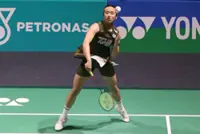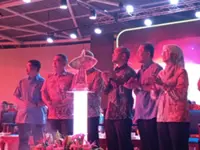Handout pictures of the 2012 Nobel Prize for Physics laureates Serge Haroche (L) of France and David Wineland of the U.S. seen during a news conference at the Royal Swedish Academy of Science in Stockholm, October 9, 2012. REUTERS/Scanpix
STOCKHOLM (Reuters) - A French and an American scientist won the Nobel Prize on Tuesday for finding ways to measure quantum particles without destroying them, which could make it possible to build a new kind of computer far more powerful than any seen before.
Serge Haroche of France and American David Wineland, both 68, found ways to manipulate the very smallest particles of matter and light to observe strange behaviour that previously could only be imagined in equations and thought experiments.





